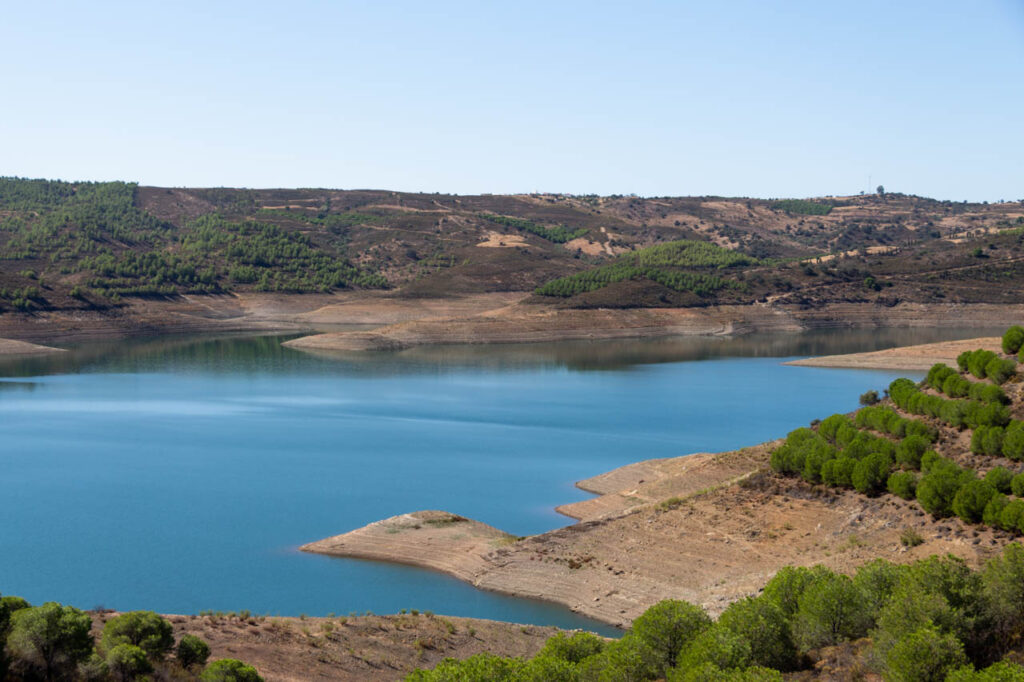Almargem spoke out against the granting of prospecting and research rights for gold, silver, copper, lead, zinc and associated ores in Alcoutim and Castro Marim, within the scope of the public consultation to an order made by the company Emisurmin Unipessoal, which ends this Friday, the 29th.
The Algarve environmental association points out several reasons for disagreeing with the granting of the license, namely the fact that there are areas that are protected by national and international nature conservation conventions and legislation, but also due to issues related to water resources and negative economic impacts.
In a statement published on its website, Almargem lists the "most relevant reasons" for being against prospecting, the first of which has to do with the fact that, according to the law, "if the existence of minerals is detected during the exploration phase, the exploration rights will be handed over to the company'.
«Thus, the evaluation of the effects of this project cannot be restricted to the prospection project, but will have to encompass, even if in a less specific way, the impacts of a more than probable exploration», he defends.
On the other hand, says the association, the area of implementation of the projects, «which almost entirely covers the municipality of Alcoutim and part of the municipality of Castro Marim, includes areas classified as National Ecological Reserve, RAMSAR Sites, Special Areas of Conservation and Natural and Semi-Natural Habitats of the Sectorial Plan of the Natura 2000 Network».
«In this area, there was also the reintroduction of the Iberian lynx, classified until 2015 as a critically endangered species, according to the Red Book of Vertebrates of Portugal, and significant changes in this area could jeopardize the ideal conditions for its reproduction and survival", he warns.
The «likelihood of physical changes occurring at the site, namely in topography, land use and changes in water bodies» is another reason given, taking into account that the project overlaps «the river basin of Ribeira de Odeleite, which integrates the reservoir of the Odeleite dam and the Ribeira da Foupana».
On the other hand, «the proposed area for prospecting and researching minerals is quite extensive and in areas with a high level of depopulation, which is expected to increase with the implementation of the project».
Finally, “negative economic impacts are expected on existing tourist and agricultural projects in the area to be intervened.”
«The investment that has been made in recent years in nature tourism, as a differentiating product, with a focus on hiking, through the installation of a vast network of pedestrian routes, will thus be threatened, putting at risk the normal economic activity of entertainment companies tourism, accommodation and catering», believes the association.
In this area there are four sectors of the GR13 – Via Algarviana, a connection to the GR13 – Via Algarviana and two small complementary routes. There are also three sectors of the GR15 – Grande Rota do Guadiana and ten pedestrian paths of the Baixo Guadiana network (eight in the municipality of Alcoutim and two in the municipality of Castro Marim).
«The activity of usufruct of nature is incompatible with a future exploration of ore in this vast area, which could lead many of these micro entrepreneurs to close their businesses or stop offering programs there», concluded Almargem.




















Comments